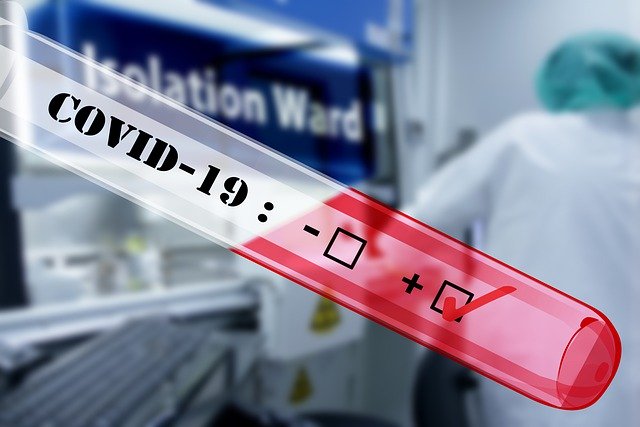Stringent H-1B rules, such as the one that limits the practice of medical doctors on H-1B visas to the locations specifically approved in their immigration visa, stands in the way of a wholesome response towards the COVID-19 pandemic, a bipartisan group of federal lawmakers has said.
In a letter sent to the United States Citizenship and Immigration Services (USCIS)’s Acting Director, Ken Cuccinelli, the group called for a removal of the restriction to facilitate the drafting of medics to US locations that are being ravaged by the pandemic.
The group gives an example of how useful, doctors in the Conrad 30 program that is location-restricted, can be in the fight. Being able to draught doctors under programs like these, the group posited, would go a long way in managing the pandemic in underserved, but critical areas.
The federal lawmakers urged the USCIS to waive the rule – at least temporarily – so that health care providers such as doctors can get the much-needed flexibility they need to put up a good, coordinated, and exhaustive fight against the raging plague.
The congressmen noted that while the restrictive policy may have been well-intended in normal circumstances, the novel change in circumstance – brought by the COVID–19 pandemic – makes it essential to discard the policy.
Going by the data published by John Hopkins University, there are currently more than 638,000 COVID-19 cases and close to 31,000 deaths already recorded in the United States.
H-1B Visa Program and Physicians
Typically, beneficiaries of the H-1B program are foreign IT professionals whose tech specialties cannot be easily sought in the US. However, a handful of doctors sometimes manage to clinch the visa out of the total 60,000 H-1B visas issued in each fiscal year.
Because the issuance of H-1B visas to doctors is usually tied to a medical specialty, these health professionals are ineligible to be included in public health programs or temporarily transferred to other fields or locations.
The implication has been that the public has not been able to maximally use the services of these health practitioners in the ongoing public health crisis. That’s because doctors with H-1B visas cannot be transferred to hospitals or health institutions overwhelmed with COVID-19 patients or experiencing staff shortages induced by medic quarantine.
- April 23rd, 2020
- 2

شركة كايرو هايتس بالقاهرة الجديدة تعمل كمطور عقاري بخبرات تزيد عن ١٥ عام وتميزت بمشروعاتها بعقارات التجمع الخامس وتوفير شقق سكنية ببيت الوطن
شقق للبيع ببيت الوطن بالتقسيط
علاج تضخم البروستاتا بالأشعة التداخلية هو إجراء حديث يهدف إلى تقليل حجم البروستاتا المتضخمة وتحسين الأعراض المرتبطة بها دون الحاجة إلى جراحة تقليدية. يتم تنفيذ هذا العلاج بواسطة أخصائي الأشعة التداخلية الذي يستخدم تقنيات تصوير متقدمة مثل الأشعة السينية أو التصوير بالرنين المغناطيسي لتوجيه قسطرة رفيعة إلى الأوعية الدموية التي تغذي البروستاتا. من خلال القسطرة، يتم حقن جسيمات دقيقة تعمل على تقليص الأوعية الدموية وتقليل تدفق الدم إلى البروستاتا، مما يؤدي إلى تقلص حجمها بمرور الوقت
اسعار عمليات الأشعة التداخلية